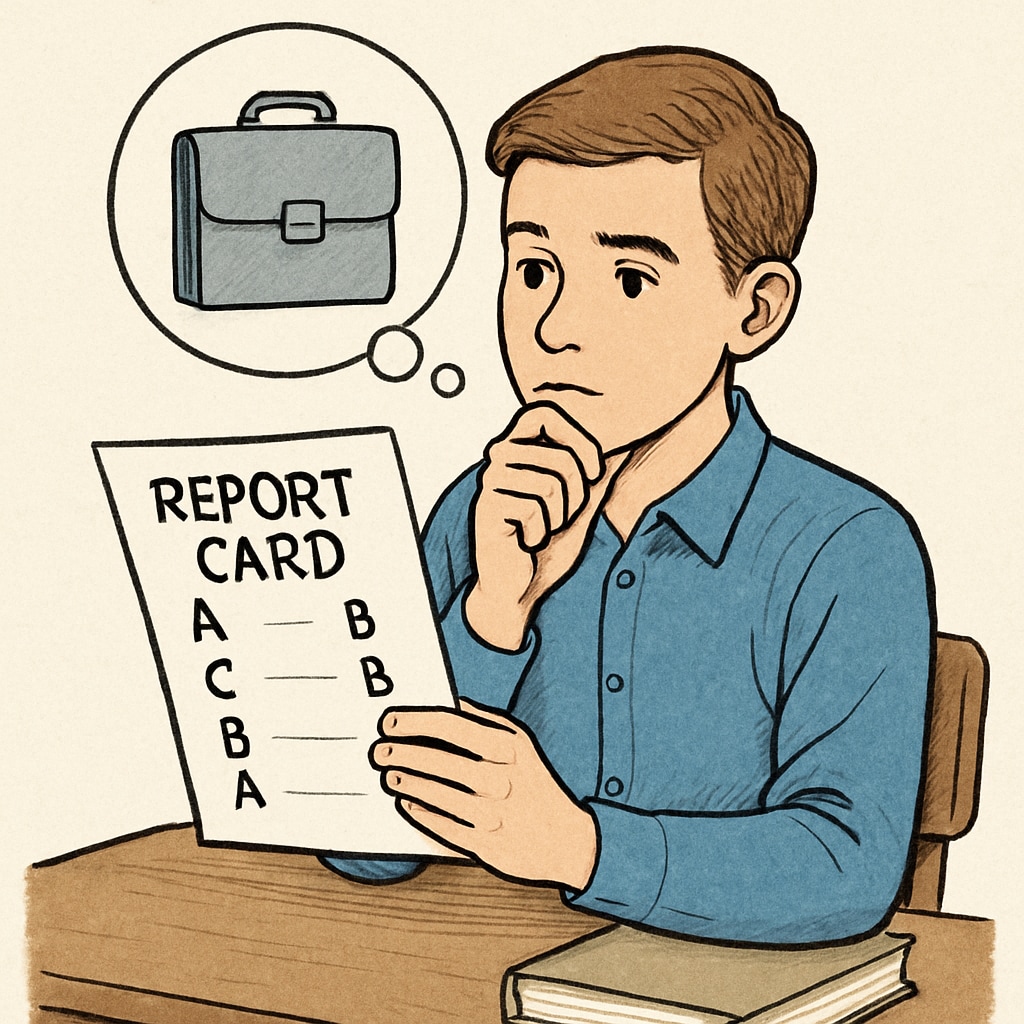For many students, GCSE results represent a significant milestone in their academic journey. However, when results fall short of expectations, feelings of academic anxiety and concerns about career prospects can emerge. This disappointment can feel overwhelming, but it is essential to recognize that success in life extends far beyond a single set of grades. By addressing emotional challenges, reframing self-worth, and exploring diverse pathways such as vocational courses, students can turn setbacks into opportunities for growth.

Understanding the Emotional Impact of Academic Disappointment
Academic disappointment can trigger a variety of emotions, including sadness, frustration, and self-doubt. Such feelings are natural responses to unmet expectations and should not be dismissed. However, prolonged academic anxiety can negatively affect mental health and hinder progress. Students must first acknowledge their emotions to begin the healing process.
Parents and educators play a vital role in supporting students during this time. Open conversations about the value of resilience and the broader definition of success can encourage students to focus on their strengths and potential rather than dwelling solely on grades.
Reframing Self-Worth Beyond Academic Achievements
It is crucial to understand that academic results, including GCSEs, are only one indicator of a person’s abilities and potential. Students should be encouraged to view themselves through a wider lens, acknowledging qualities such as creativity, perseverance, and interpersonal skills.
- Celebrate non-academic achievements, such as participation in sports, arts, or volunteer work.
- Set new, realistic goals that align with individual passions and strengths.
- Focus on personal development and the unique contributions each individual can make to society.
By fostering a mindset that values diverse definitions of success, students can rebuild confidence and develop a more balanced perspective on their future.
Exploring Career Paths Beyond Traditional Academic Routes
While GCSE results often set the course for A-levels and university education, alternative paths can lead to equally rewarding careers. Vocational qualifications such as BTEC (Business and Technology Education Council) courses offer practical, skill-based training that prepares students for specific industries. These qualifications emphasize hands-on learning and are highly valued in sectors such as healthcare, engineering, and creative arts.

Here are some benefits of vocational courses:
- Direct preparation for the workforce, with industry-relevant skills.
- Opportunities to earn while learning through apprenticeships.
- Flexibility to explore creative and technical fields that may not require traditional academic qualifications.
Students exploring vocational paths often discover career opportunities they had not previously considered, demonstrating that academic setbacks can lead to unexpected and fulfilling opportunities.
Turning Setbacks into Opportunities for Growth
Academic disappointment can serve as a powerful motivator for personal growth and exploration. By focusing on resilience, adaptability, and a willingness to learn, students can transform challenges into stepping stones toward success. Here are actionable steps to help students move forward:
- Seek guidance from career advisors to identify interests and strengths.
- Research alternative education pathways, such as vocational courses or online certifications.
- Develop practical skills through internships, volunteering, or extracurricular activities.
Ultimately, students should remember that their journey is unique and that success takes many forms. GCSE results are a starting point, not the final destination, and every setback provides an opportunity to grow stronger and more determined.
Readability guidance: This article uses concise paragraphs and lists to enhance clarity. Transitions such as “however,” “therefore,” and “as a result” are incorporated to maintain flow. Images are positioned to visually support the discussion of GCSE results and their broader implications.


